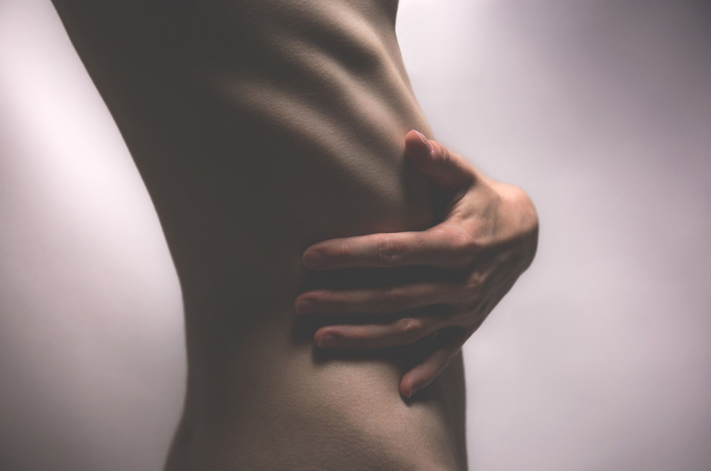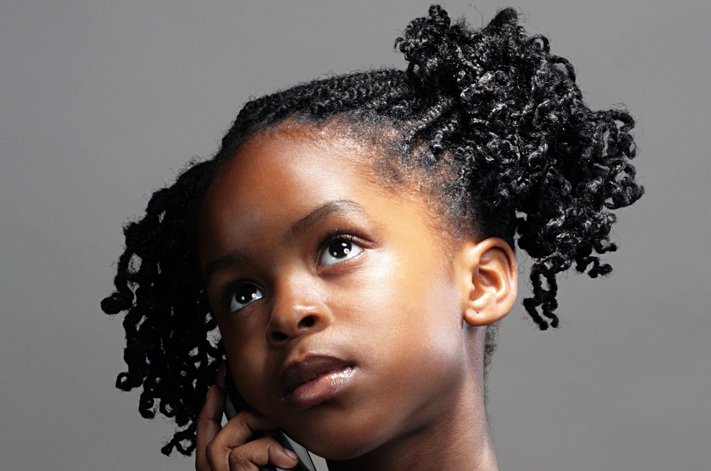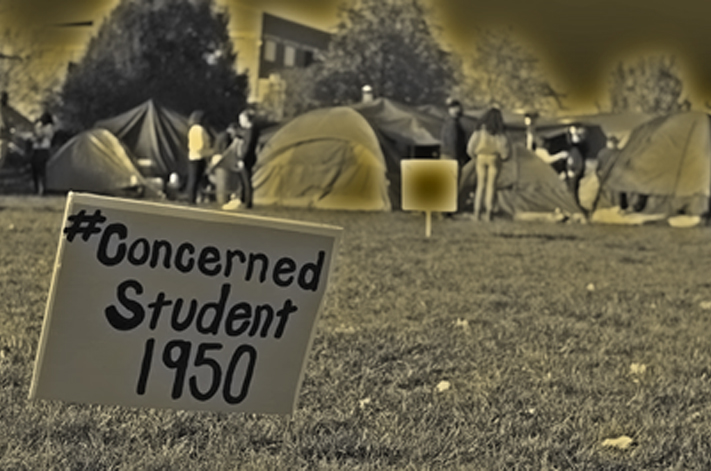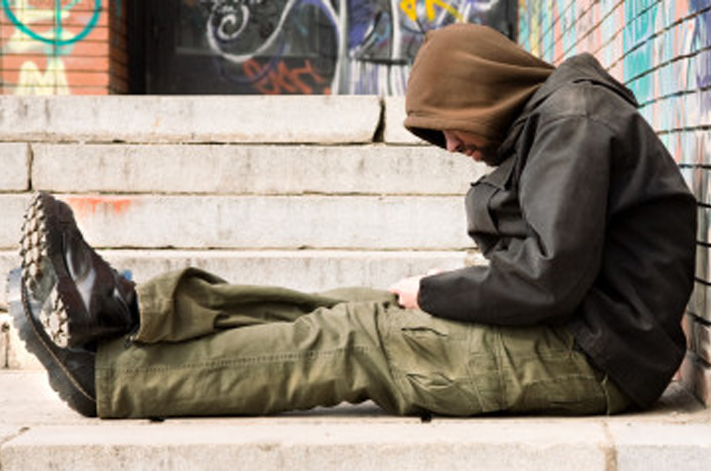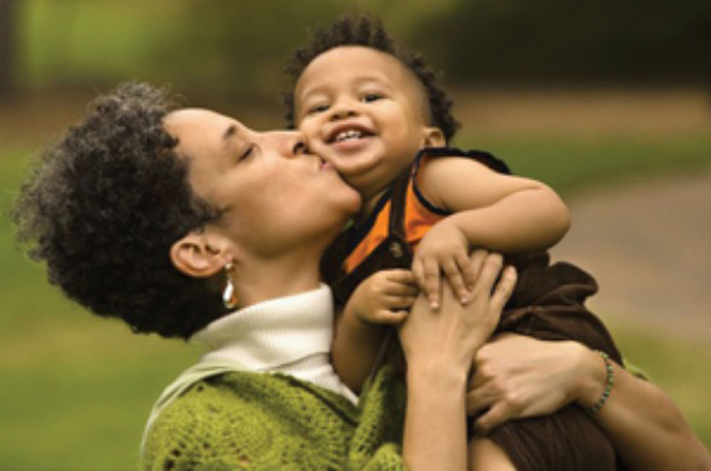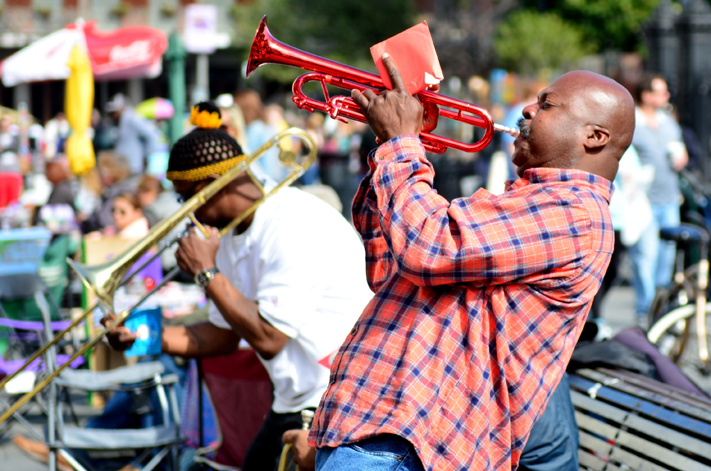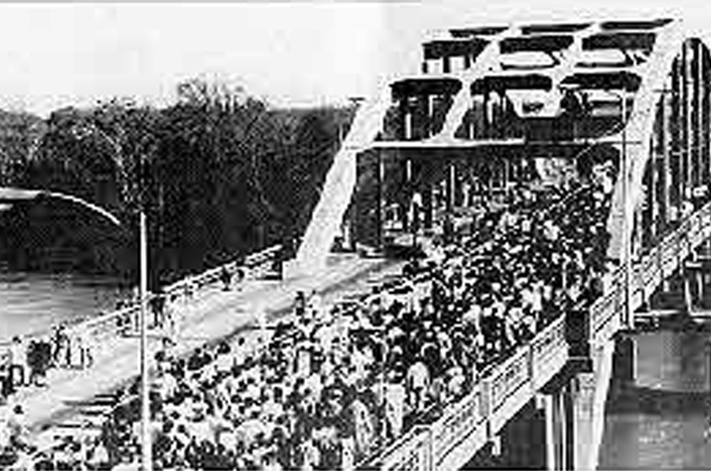Project Description
A generation of young Muslims have had the unique experience of facing discrimination under the guise of 'liberation.'
My sister put on the hijab when she was 20 years old. I remember the color of her first scarf—a pale blue green, maybe chiffon, crinkling at the corners of her smiling eyes, enveloping the circumference of her perfect moon shaped face. My sister was one of the most beautiful women I knew growing up—challenged, in beauty, only by my own mother. She had plump lips, pale and pink like the color of figs but full like plums, always chapped like creases behind knees in the warm summer heat. She was strong, smart and terrifying.
I was 13 when she put on the hijab. This was two years after September 11th.
We were sitting in her cul-de-sac room. The window overlooked our pristine blue pool with leaves floating on its surface from our overarching mango tree, shedding its foliage with a tranquil languor. But I did not feel calm. A feeling of dread panicked through my tiny little body. My stomach lay ill with concern, plummeting through all the reasons why she shouldn’t do what she was about to do. My heart, emptied out by fear, thudded against the cavity of my chest. It was like watching someone about to take a vow, an oath, like a samurai putting on their armor.
My sister has explained to me that the hijab is much like armor. She says it acts as a shield against the world of men—meaning by and large the patriarchy—where women are so often disposable. The hijab acts as a litmus test; balancing the playing field, encouraging men to take women seriously not for their beauty, but for their intellect. The best explanation I’ve been given from my sister is that the hijab is like a second skin: It’s protection from all of the earth’s permeations.
The hijab is like a second skin: It's protection from all of the earth's permeations.
The first time I realized I was Muslim, and thus different, was in grade school when I didn’t know any of the words to the Christian hymns in religion class. I also knew that my religion—Islam—didn’t have an assigned class dedicated to it, and back then it was considered kosher for kids-of-other-faiths to go to Bible Study. I used to think that this was because it bred religious tolerance, but as I got older I realized it was just out of laziness. Strangely, though, I liked it.
My sister (yes, the same one that put on the hijab) was seven years older than me and went to an all-girls private Catholic school in the suburbs of Brisbane. She wore a uniform that consisted of a pale yellow shirt and a forest green checkered skirt and ugly earth-brown socks and shoes. Every day, I would pick her up from school, my father in the front seat of the car, waiting. In the interim I’d walk around the Christ-on-the-cross-laden halls and feel supremely zen about my surroundings. Sometimes, if I was lucky, I’d watch the nuns mulling around the convent on campus and even get to talk to Sister Catherine, my favorite, who was particularly zealous and enthusiastic. I developed a love of religion and spirituality in those halls.
My parents weren’t religious, though they weren’t particularly non-religious either. My mother is a painter, and she worked with kids part-time. She’s prayed five times a day since I’ve been alive. My father is a Marxist with a fondness for international development and Islamic philanthropy. He was inspired deeply by the Quran, though he never imposed it on either my sister or myself. In fact, he taught me all things that I love and hold dear about Islam.
The first time I realized I was Muslim, and thus different, was in grade school.
Together, we’d watch documentaries about Islamic architecture or go to exhibitions dedicated to Islamic art. I learnt early on about Islamic science, how it was responsible for so many historic findings, for inventions like the removal of cataracts and hospitals and pharmacies as we know them today. From philosophy to astronomy—-from Ibn Battuta (a historic Islamic traveller) to Avicenna (the OG renaissance man who was both a medical doctor and philosopher)-—I read obsessively about Baghdad in its prime. I pored over the poet Rumi, I hummed to the tunes of Nusrat Fateh Ali Khan, and I dreamt of the universe and galaxies ahead of and beyond me.
I think there’s a Mohsin Hamid quote where he says that the day before 9/11 he was just ostensibly another American, just one with a strange name. Then, the day after 9/11, he was a suddenly the loaded word–Muslim; a suspicion; a target.
I would not be able to count on my hands the amount of times my sister has been harassed on the street for wearing a hijab. I’ve heard so many stories of Muslim women being subjected to lewd sexual harassment or other forms of sexual abuse. I’ve even heard of extreme cases, where such aggression ends in death.
Earlier this year, Richard Dawkins, your resident atheist science bro, suggested broadcasting “loving, gentle, woman-respecting erotic videos” into Islamic theocracies like Iran as a means of challenging the institutionalized religion that exists in those societies. This rhetoric, one of misguided sexual and “modern interventionism,” serves to other these cultures. And of course the narrative impales Muslims as unnatural creatures who know nothing of pleasure, only of dogma. To Dawkins and his trusty band of naysayers, science—or rather, the absence of religiosity—is misapprehended as a trapping of intellect. But fetishizing Islam as a guilty male-ego driven monolith obscures and dismisses all the powerful women making so many strides in the Muslim world. Just read Isobel Coleman’s Paradise At Her Feet, which dissects feminism in Islam from country to country. Dawkins wants to save us Muslims from our boring sexless lives with the help of porn, but it’s interesting how he doesn’t realize that these theocracies are governed more by patriarchy. Meaning: men, not religion, are the problem. The hubris it must take to be Richard Dawkins.
Of course Dawkins can't grapple the nuances of women's sexuality. He can't seem comprehend that underneath all of that veiling there is something erotic.
Of course Dawkins can’t grapple the nuances of women’s sexuality. He can’t seem comprehend that underneath all of that veiling there is something erotic. I’ve walked around the halls of Emirati shopping malls, down the streets of Saudi cities—there is an intoxicating smell of perfume that lingers. My mother tells this hilarious story about her neighbor when we lived in Canada. Her neighbor wore a burqa, and one day she called my mother over for tea. When she opened the door to let my mom in, she was fully clad in her veil; then my mother came in and, with one big swoop, the lady took her burqa off, revealing the booty shorts and tight leopard-print tank top over a colorful bra she was wearing underneath. Sexuality is far more complex than billboards of sweaty white bodies.
Dawkins probably doesn’t believe in God because there’s nothing that he could believe in more than himself. Men like him are so consumed by their egos that they assume that women in the Western World are not lacking in anything. That on the altar of freedom and democracy we, as women, have been given all our rights and that everything is fine. That in America women no longer experience sexual harassment just by walking down the street; that women receive equal pay for equal work; that between 40 to 70 percent of female murder victims are not killed by their intimate partners; that 83 percent of girls aged 12 to 16 do not experience some form of sexual harassment in public schools; that basic women’s reproductive rights are not governed by a body of religious fanatics known as the government. Oh, wait?
France's very idea of secularism is based on negating and dismissing identities that are more complicated than those they've deemed acceptable.
After the Charlie Hebdo shooting just earlier this year, the question of freedom of speech garnered much support. #JeSuisCharlie became an international phenomenon, and world leaders marched to support a concept of freedom that some of them haven’t even institutionalized in their own countries. French President Francois Hollande exclaimed, “There are tensions abroad where people don’t understand our attachment to the freedom of speech… We’ve seen the protests, and I would say that in France all beliefs are respected.”
In 2010, though, the Senate of France banned the wearing of the niqab and burqa. Six years earlier, Fadela Amara, a Muslim, who served as a junior minister in the French government, defended France’s controversial law banning headscarves in schools by saying, “The veil is the visible symbol of the subjugation of women, and therefore has no place in the mixed, secular spaces of France’s state school system.” It’s only a symbol of subjugation to a society that has a very specific idea of what a woman should and shouldn’t wear. France’s very idea of secularism is based on homogeneity, on negating and dismissing identities that are more complicated than those they’ve deemed acceptable.
Isn’t there a word for that?
I don’t wear a hijab, nor do I plan on ever wearing one. But I do believe, and purport to believe, in the right of freedom for all. As a Muslim and a feminist, I understand that feminism means comprehending that there are things outside of one’s existence and frame of understanding just as valid as that which we know for ourselves.In this post 9/11 world we’ve imposed so many restrictions on Muslims, and yet we expect dedication in return. With every drone that strikes a child in Pakistan, we refuse to comprehend the roots of Islamic terrorism; with every ban of religious freedom of expression, we tautologically debate the concept of freedom for the West; with every politician’s speech that encourages our stance on love, we isolate a religion and a minority by insisting that their practices of their faith are wrong. We do this because it supports our own narratives of what it means to be a nation.
Muslims are human beings. There are over 1.5 billion of us. It’s been hard growing up in a world that has preemptively decided on what it means to be you. From every TSA checkpoint at which we’re unnecessarily profiled as if by accident, to every nasty comment on the absurdity of the veil, Islamophobia is a very real thing. Making a concerted effort to understand Muslims is actually where it all begins. So start. It’ll do you some good.
Fariha Roísín is a writer living on Earth. | Follow at @fariharoisin Twitter
This piece was reprinted by EmpathyEducates with the kind permission of the Author, Fariha Roísín. We thank Fariha for her open voice and honest sharing, and for reminding all of us what it means to be viewed as “the other.”
